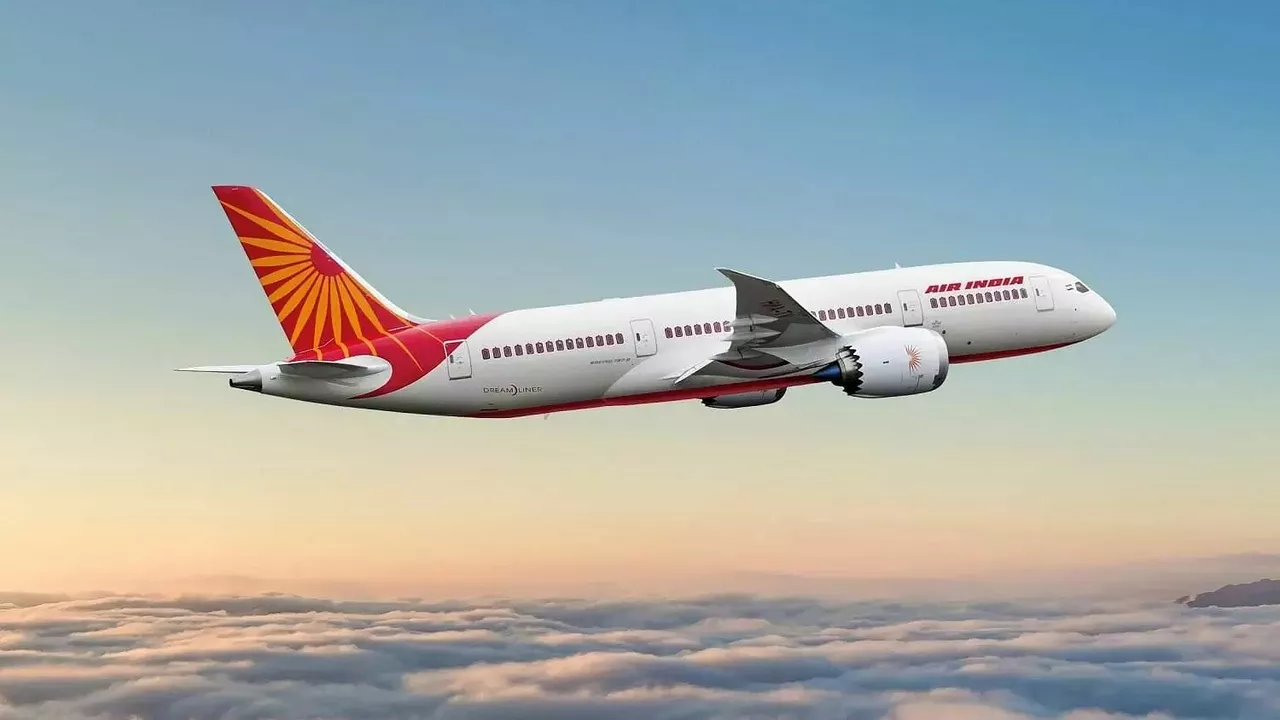Understanding Tata's Potential Role in Air India's Revival
As we embark on this discussion, it's crucial to understand Tata's potential role in Air India's resurrection. Tata Group, a multinational conglomerate with a strong presence in several industries, is no stranger to the aviation industry. They hold substantial stakes in AirAsia India and Vistara. More importantly, their roots in aviation go back to 1932 when they established Tata Air Services, later renamed Air India before nationalization. Their potential return to Air India is not just a homecoming; it's a strategic move grounded on extensive experience and familiarity with the industry.
Financial Stability Brought by Tata
One cannot underestimate the value of Tata's financial stability in this equation. Air India has been wrestling with financial woes for a considerable time now. With a debt of over 580 billion rupees ($7.8 billion), the airline requires more than just a cash injection. It needs a financially sound partner capable of not just clearing the debt but also investing in much-needed upgrades and expansion. Tata's robust balance sheet, diversified income streams, and strong financial management could be the lifeline Air India needs to recover.
Revamping Operational Efficiency
Should Tata assume control, the operational efficiency of Air India is likely to experience a much-needed overhaul. Tata is renowned for its management expertise, operational efficiency, and customer-centric approach. These attributes are critical for an airline that has been struggling with operational inefficiencies, leading to customer dissatisfaction. I believe Tata can leverage its management skills and operational expertise to streamline processes, improve service delivery, and enhance customer experience, all of which are vital for Air India's comeback.
Innovation and Modernization
Another important aspect of this potential partnership is the scope for innovation and modernization. Tata Group is known for its commitment to innovation, and this could significantly benefit Air India. In an industry where technology and innovation drive growth, Air India's comeback could hinge on its ability to innovate and modernize. If Tata brings its innovative prowess to the table, we could see Air India adopting cutting-edge technologies, revamping its fleet, and introducing new services to improve its market appeal.
Brand Equity and Goodwill
Finally, let's talk about the power of brand equity and goodwill. The Tata brand carries immense respect and trust across various sectors. This goodwill could play a critical role in winning back passengers who may have had subpar experiences with Air India. If Tata can successfully inject its brand values into Air India's operations, the airline could see a significant improvement in its reputation, leading to increased customer loyalty and market share.
In conclusion, the question is not whether Tata can help Air India make a comeback, but how. With Tata at the helm, I believe Air India has a fighting chance of overcoming its financial woes, improving its operational efficiency, embracing innovation, and rebuilding its brand equity. However, the journey is likely to be long and challenging, requiring strategic decisions and patient execution. Only time will tell if this potential homecoming will indeed mark the revival of Air India.











